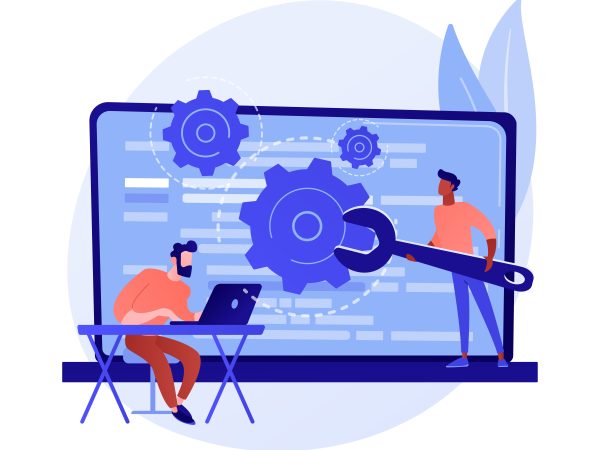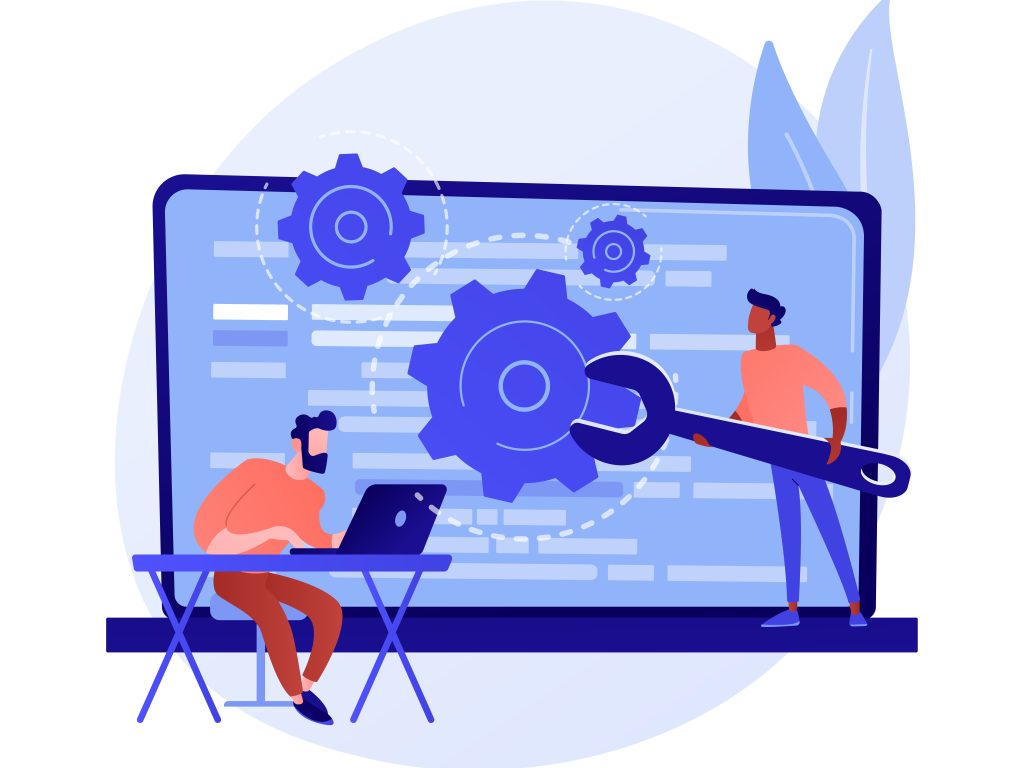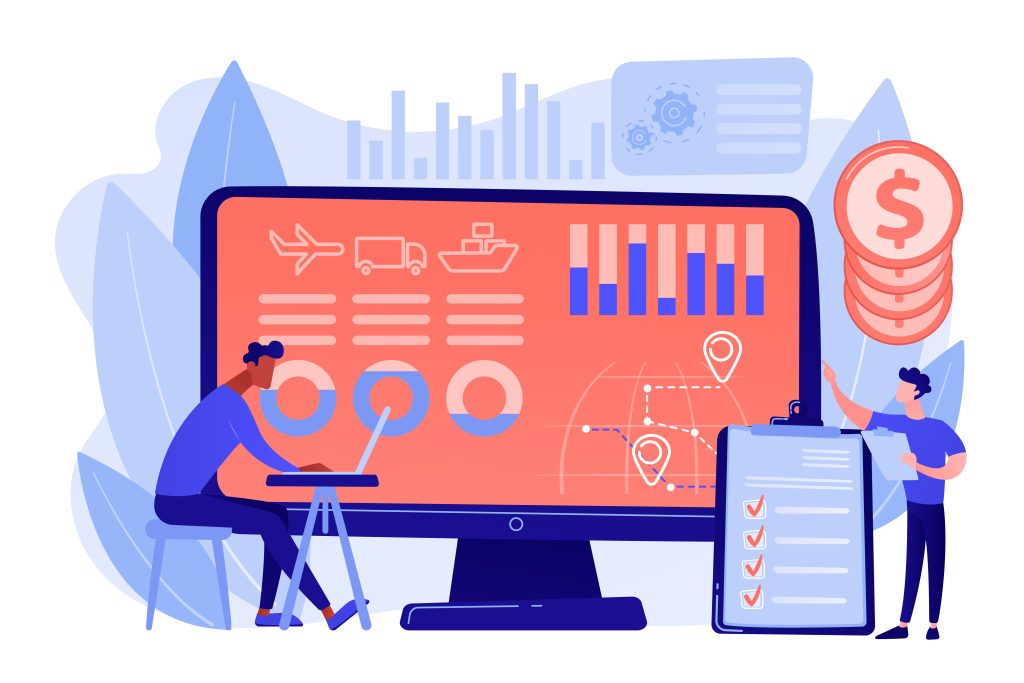- Google Analytics Setup & Management
- Virtual Private Server Administration
- WordPress Website Development
- WordPress Website Maintenance
By the way…
Building a Website: Who Does What?
Putting together a website that includes a CRM (Customer Relationship Management) system, Data Analytics, and eCommerce on a Virtual Private Server typically involves the collaboration of multiple individuals or roles. Here are the key roles involved and their responsibilities.

Project Manager
Oversees the entire website development process, coordinates tasks, and ensures timely project completion. The project manager is responsible for overall project planning, resource allocation, and communication between team members and stakeholders.
UI/UX Web Designer
Works on the visual aspects of the website, including layout, color schemes, typography, and user experience (UI/UX – User Interface / User Experience). The web designer collaborates with the web developer to ensure a cohesive, visually appealing design that meets user expectations and aligns with the brand.
Web Developer
Translates the design into a functioning website using programming languages such as HTML, CSS, and other code. They create the website’s physical structure and implement the necessary front-end (client-side) and back-end (server-side) functionalities. The web developer installs and sets up the CRM system, Google Analytics, and WooCommerce components.
System Administrator
Manages the VPS and server-side configurations. They install and configure the necessary software, ensure server security, optimize performance, and handle backups and updates.
Content Creator
Specializes in specific mediums like writing, photography, videography, or design to produce engaging and valuable content across platforms. Their responsibilities include creating and editing textual content for websites, ensuring it is informative, engaging, and search engine optimized. Additionally, content creators promote their content to engage audiences and achieve desired outcomes.
Marketing Specialist
Implements website promotion strategies, such as online advertising, social media campaigns, and search engine marketing.
CRM Specialist
If the CRM system requires customization or configuration beyond standard installation, a CRM specialist may be involved. They set up the CRM software, customize fields and workflows, and integrate it with other systems. The CRM specialist ensures the CRM email marketing automation, if present, meets the specific business requirements for managing customer data and interactions effectively.
Google Analytics Expert
Handles the implementation of Google Analytics tracking codes on the website. They set up the necessary tracking parameters, define goals and conversions, and provide insights and reports based on the collected data.
WooCommerce Expert
If the website includes an online store using WooCommerce, a WooCommerce expert may be involved. They configure the WooCommerce plugin and set up product listings, payment gateways, and shipping options. The WooCommerce expert ensures smooth operation of the e-commerce functionalities, including inventory management, order processing, and customer transactions.
Quality Assurance (QA) Tester
Conducts testing and quality checks throughout the website development process. The QA tester ensures that all components, including the CRM, Google Analytics, and WooCommerce, are functioning correctly, and there are no issues with usability, performance, or security.
These roles may vary depending on the size and complexity of the project. In some cases, individuals may take on multiple responsibilities or different team structures may be implemented. It’s essential to have clear communication and collaboration among the team members to ensure a successful website deployment.
FAQ
Bukeda has over 18 years of IT experience. With certifications in MCSA, MCDBA, MCSE, and MC-AzA in Microsoft Azure, he is proficient in web development, databases, server infrastructure, virtualization, and cloud computing. He has worked with USAID contractors, aviation companies and contributed to World Bank projects.



